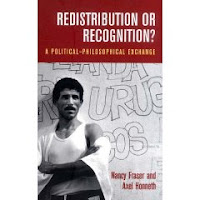
Title: Valences of the dialectic
Author: Frederic Jameson
ISBN: 9781859848777
Binding: Hard bound
Publisher: Verso
Number of Pages: 625
Price: £29.99
A comprehensive analysis of the philosophy of the dialectic by the doyen of cultural criticism
One of the most accomplished literary and cultural critics in the world, Fredric Jameson returns to the philosophy of the dialectic in a grand and nuanced study of the concept and those who have developed it. The question of the dialectic remains at the center of contemporary theoretical debates: Is it Hegelian and idealistic? To what degree is it central to Marxism? Is a materialist dialectic really possible? How damaging are the “poststructuralist” critiques of the dialectic by Deleuze, and Laclau and Mouffe? Valences of the Dialectic addresses these questions, and studies individual thinkers both dialectical and anti-dialectical, from Hegel and Fichte to Heidegger, Sartre, Derrida, Deleuze and Lacan.
“One of the great writers of our time, not just one of the most formidably gifted critics and cultural theorists.” — Terry Eagleton, London Review of Books
Praise for Archaeologies of the Future:
“Jameson’s skill in connecting diverse materials and theories, the suggestiveness of his insights, and his passionate conviction make this an exciting work.” — Times Literary Supplement
Fredric Jameson is Distinguished Professor of Comparative Literature at Duke University. He is the author of numerous books, including Archaeologies of the Future, The Modernist Papers, A Singular Modernity; and Postmodernism, Or, The Cultural Logic of Late Capitalism. He lives in Durham, North Carolina.






















